Glitz, glamour and razzmatazz: David Seaman on the Premier League revolution that shaped English football
Exclusive: The former Arsenal and England goalkeeper talks to The Independent about the Premier League at 25 and it's unstoppable rise to becoming the best league in the world
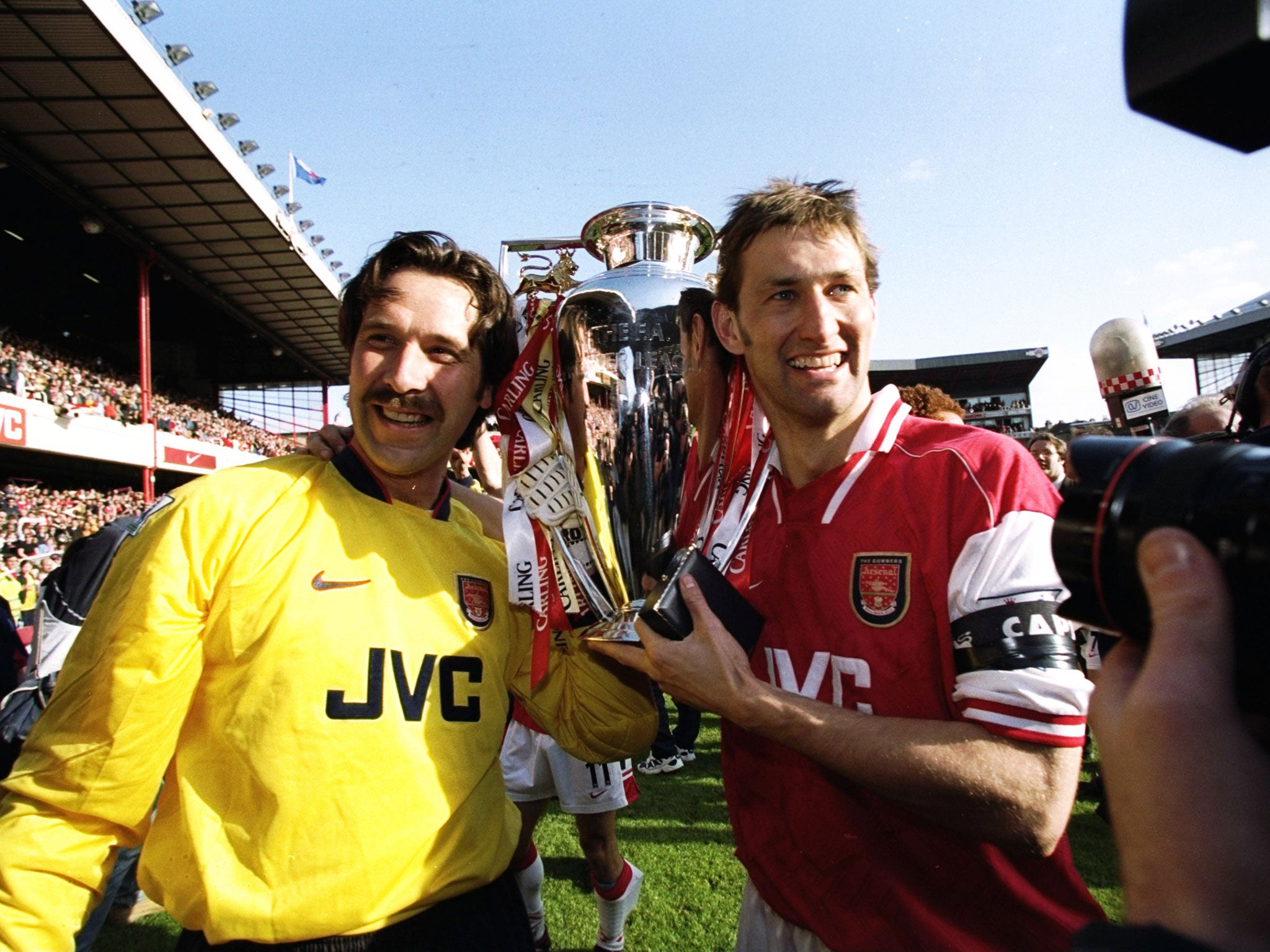
Your support helps us to tell the story
From reproductive rights to climate change to Big Tech, The Independent is on the ground when the story is developing. Whether it's investigating the financials of Elon Musk's pro-Trump PAC or producing our latest documentary, 'The A Word', which shines a light on the American women fighting for reproductive rights, we know how important it is to parse out the facts from the messaging.
At such a critical moment in US history, we need reporters on the ground. Your donation allows us to keep sending journalists to speak to both sides of the story.
The Independent is trusted by Americans across the entire political spectrum. And unlike many other quality news outlets, we choose not to lock Americans out of our reporting and analysis with paywalls. We believe quality journalism should be available to everyone, paid for by those who can afford it.
Your support makes all the difference.As a player whose career spanned the closing years of the Old First Division and the opening decade of its brighter, shinier successor, David Seaman experienced first-hand the revolution that made English football what it is today. An influx of nimble-footed foreigners, increased TV coverage, new stadiums, glitz, glamour and, of course, rising transfer fees that, to this day, continue to surpass all realms of reason. Seaman saw it all - and thinks the sport is much better for it.
“It's now, I would say, the best league in the world by far,” he tells The Independent. “It's certainly the most competitive.
“It's just getting better and better. The standard is getting better and better, the speed of the game is a lot different, and the speed of the ball.
“It's a brand that's in demand.”
But when the Premier League first came into form, kicking off on August 15 in 1992, there was no guarantee of the head-spinning success it now enjoys. Its creation represented a gamble, but a much-needed one at that. By the early 1990s, English football was in crisis. Attendance figures were falling, the best players were moving abroad, and tragedies surrounding the game, in the form of fan violence and disasters such as Hillsborough and the Bradford Fire, alluded to a sport caught in its own past. Change was needed.
This would take time, though, and the Premier League’s nascent days were as much about hope and hype as they were about reality – something Seaman acknowledges.
“I suppose when the Premier League joined it just made it a lot more glamorous. There was a lot more hype, the dancing girls before games, fireworks and things like that.”
As a bastion of the old guard, did he ever turn his nose up to this new way of life? “No,” he laughs, “because you'd seen it before, you'd seen it in American football and all that. And it's just that razzmatazz! It's like ‘Yeah give it a go!' It was good!
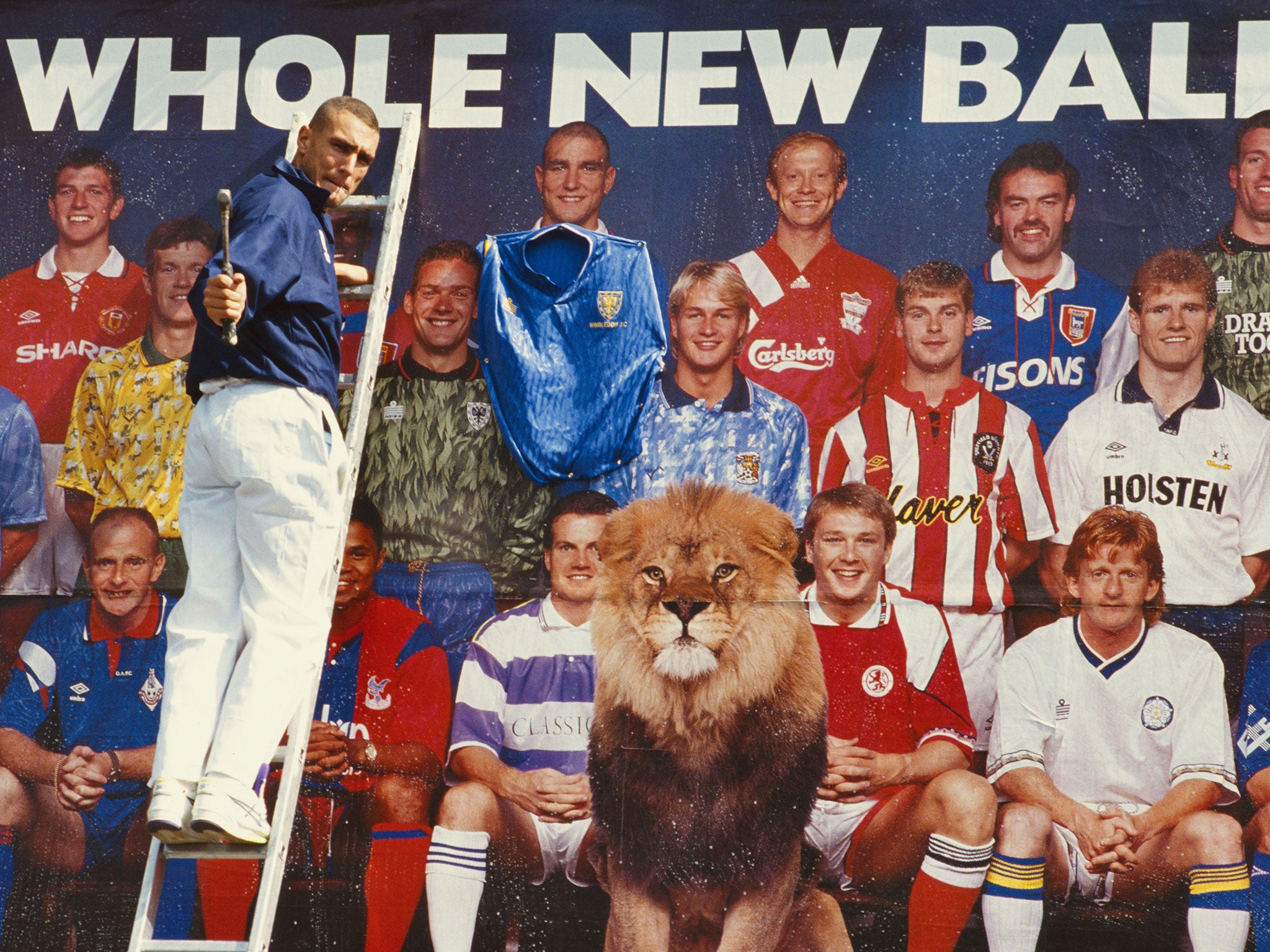
“I did an advert with my two eldest sons for the start of the Premier League, when it very first started - I'll never forget that. It was so funny. It was filmed in Richmond in this massive house and everybody thought it was mine… but there was no way I could afford that! So that's how I remember it.”
Twenty-five years on, the Premier League is as glitzy and hyperbolic as ever but the proof of its success is in the financial pudding: Sky and BT paid £5.14bn between them for three seasons’ worth of TV rights in 2015. Such a deal made the Premier League the richest and most lucrative football league in the world, and precipitated a stellar increase in transfer fees that is now seeing England’s biggest clubs spend more than £100m each summer.
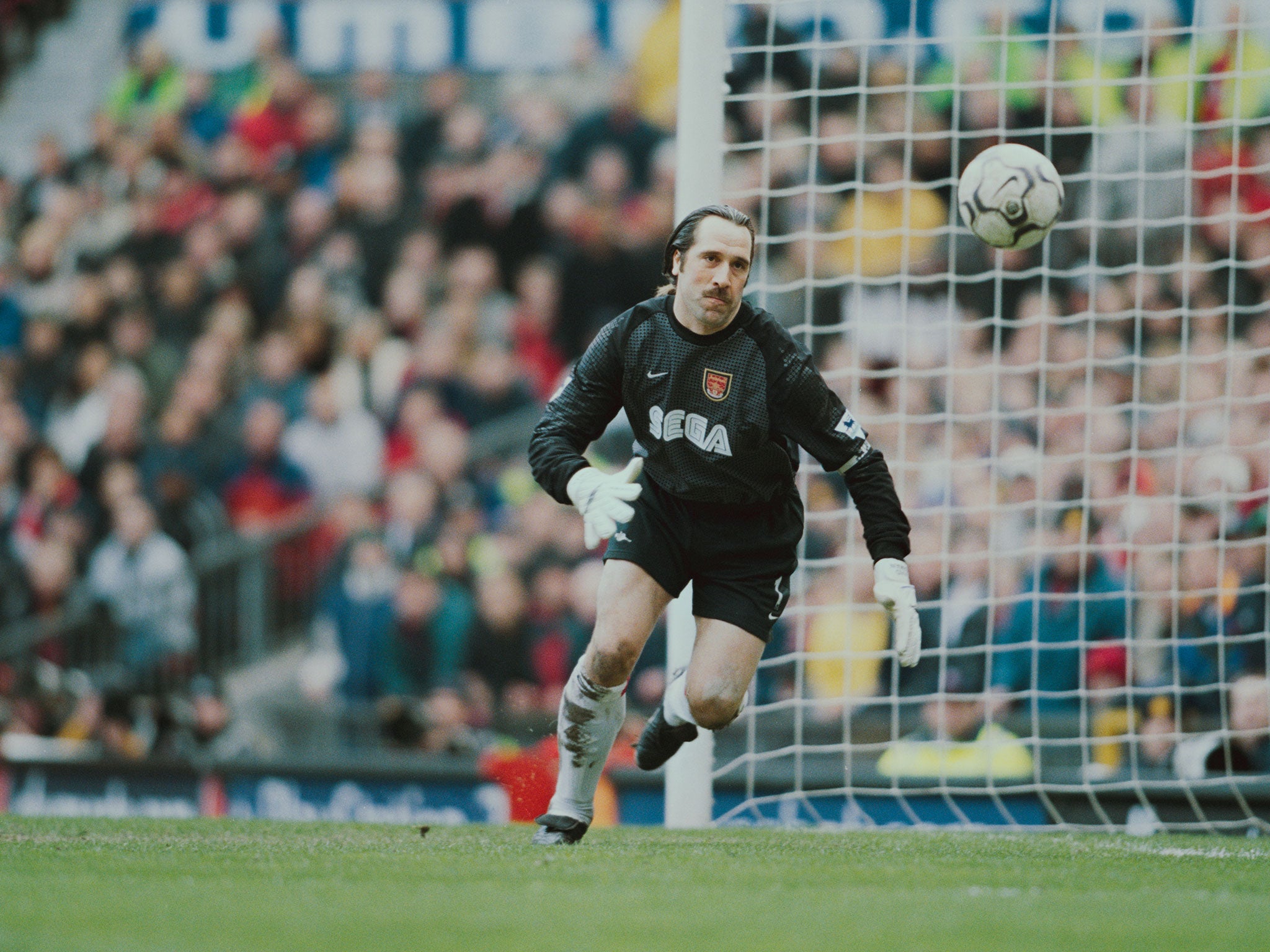
For Seaman, though, it’s all part-and-parcel of a proven business model. “I think it's just a natural progression. I think there's people out there with money, more money than people realise, and they can buy those sort of players [like Neymar], or make those offers. How they do it financially I don't know, but they're doing it and they're paying the wages.”
“People are saying 'they're getting ridiculous amounts of money', but somebody is paying it and it's the going rate. They don't moan at film stars getting x millions per movie.”
From the likes of Dennis Bergkamp and Eric Cantona to Sergio Aguero and Eden Hazard, each one of these players has helped to raise the quality and prestige of the Premier League over the years, generating more success, more interest, and more money for their clubs and the league as a whole. It’s a perpetual cycle that keeps the Premier League top of the footballing pyramid, even if success on the European stage isn’t always assured.
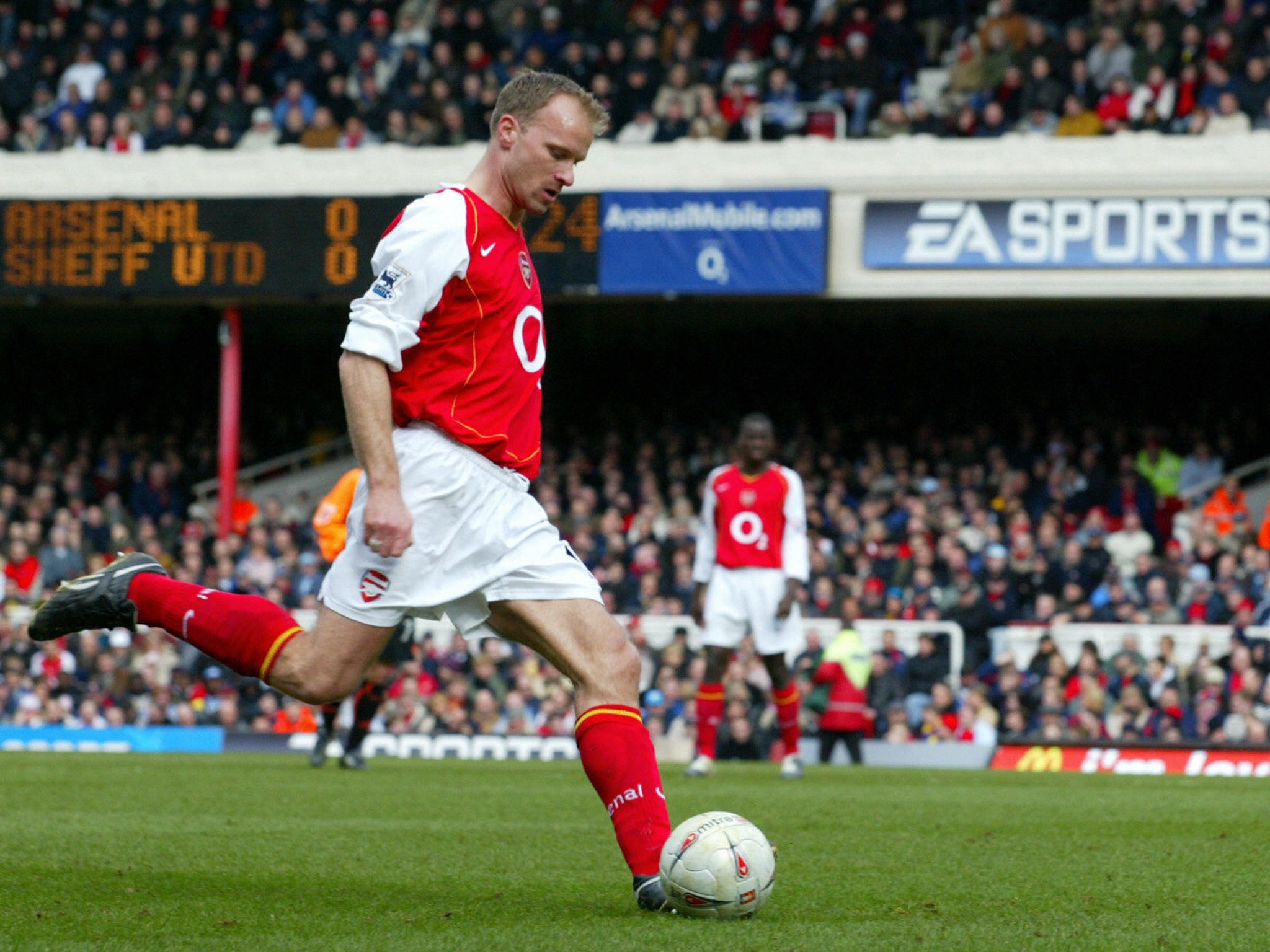
Premier League at 25: Seaman's top picks
Best side? Other than Arsenal, the Manchester United side that won the treble.
Best goal? First memory that popped into my head was Tony Yeboah for Leeds when he first half-volleyed it and nearly took the cross bar off.
Best player? Thierry Henry.
Best moment? In the Premier League, it would be winning our double in '98 and then in 2002.
Best manager? Apart from Arsene, you've got to say Alex.
“It's got prestige. They know it's a hard league. And it's also a quality product. People know that it's going to be great. The stadiums we've got here are fantastic, and the league itself is so competitive and fast and very physical.”
In light of its allure, then, it's unsurprising that the composition of the Premier League has dramatically changed from its inception. Of the 242 players that started on the opening weekend of the 1992/93 season, 13 were not British or Irish. In contrast, the number of overseas players who started on the last day of the 2016/17 season was 112 out of 220. From Pakistan and Brazil to the Seychelles and Spain, the Premier League has become a melting pot of nationalities and cultures that has come to broaden the league’s appeal as well as shape the football on offer.
“A lot of the top quality players want to now play in the Premier League because they'd seen it on TV, seen how good it looked, and then it just started attracting more and more. And that's why you get so many foreign players here now because they want to come over and try the Premier League.”
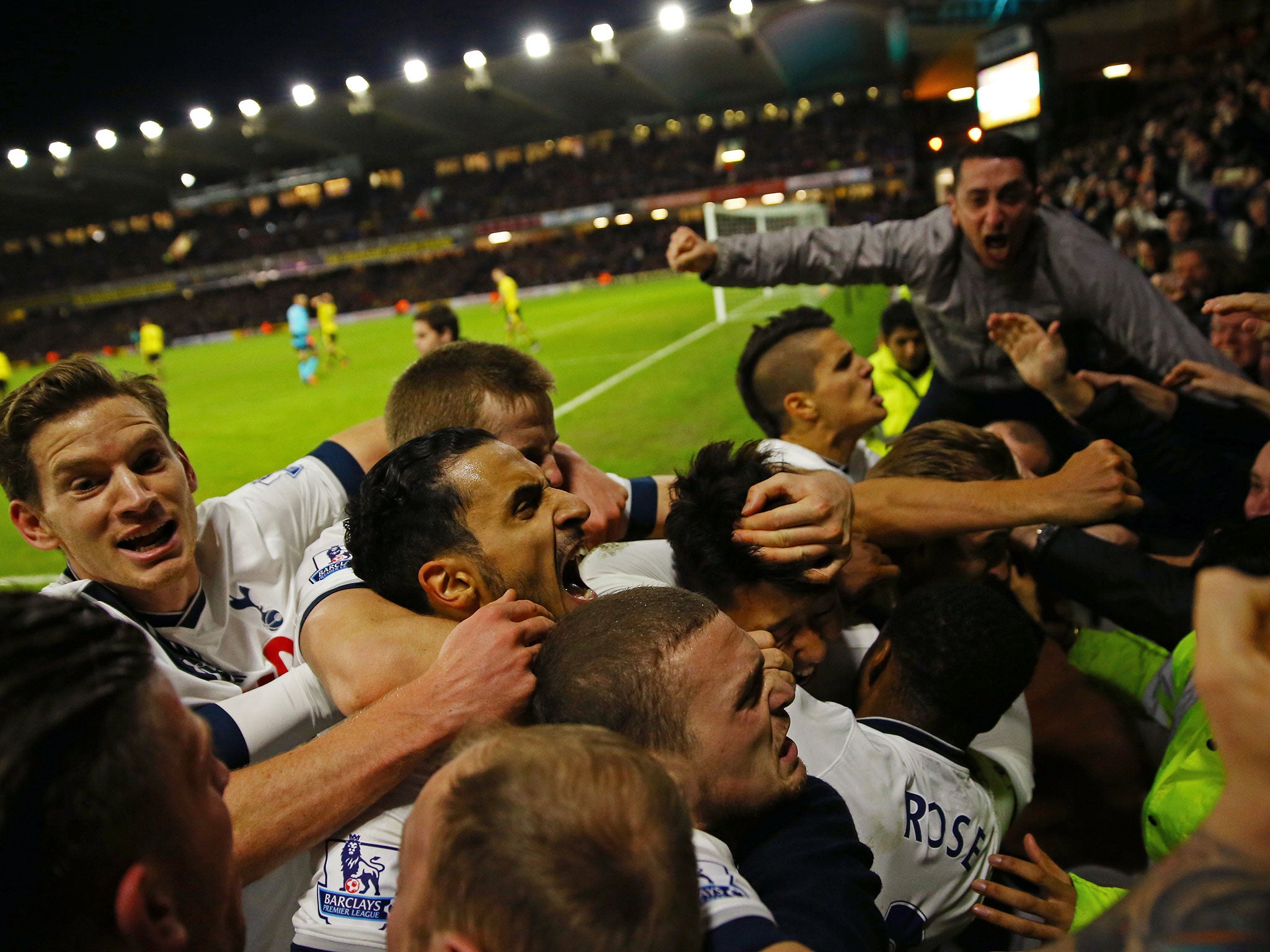
Of course, the Premier League isn’t without its flaws. As Seaman admits, the arrival of a large foreign core over the past the 25 years has made it harder for the country’s home-grown talents to succeed at the league’s biggest club. English hopefuls such as Ruben Loftus-Cheek and Josh Onomah, to name but a few, are the latest victims of such a phenomenon. “It's much harder now for younger guys, especially English guys, to try and make their mark in the Premiership because there's so much quality coming in from abroad,” the former Arsenal 'keeper adds.
Then there’s the issue of rising gentrification within the sport. Like any successful business model, increased demand has allowed those in power to ramp up ticket prices to the detriment of the sport’s working class fans. Although Seaman insists that this “happens in every business”, he suggests prices caps and subsidies could be one way to protect football’s struggling supporters.

“I would like to see that [the Premier League helping out fans]. I would like to like a set admission fee. It's not far off the stage now where the clubs get money from other areas and I'm sure that they could somehow subsidise season tickets.
“Having said that, people still want to go. A lot of the top clubs have waiting lists for their season tickets - so people are still willing to pay.”
Indeed, as infuriating, absurd and elitist as the Premier League can be, fans continue to find themselves drawn in nonetheless. It’s this irresistible pull - week after week, month after month - which has kept followers of the league captivated since its emergence and, more importantly, promises to do so for the next 25 years and beyond.
Join our commenting forum
Join thought-provoking conversations, follow other Independent readers and see their replies
0Comments